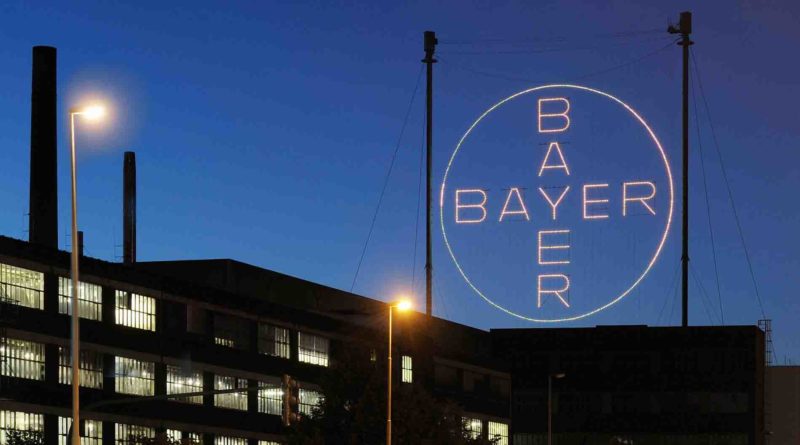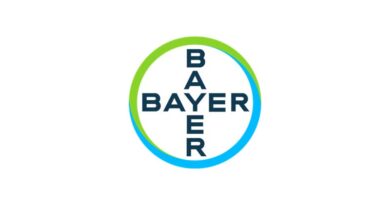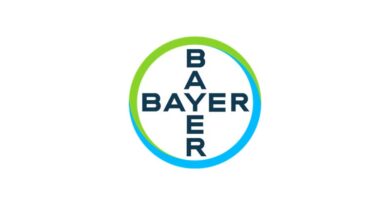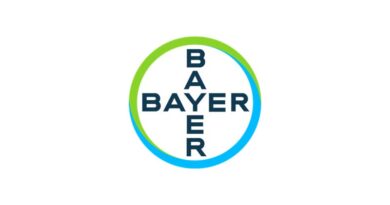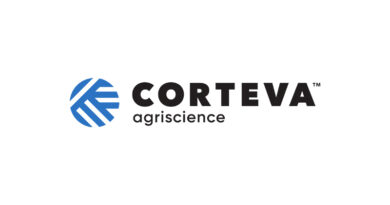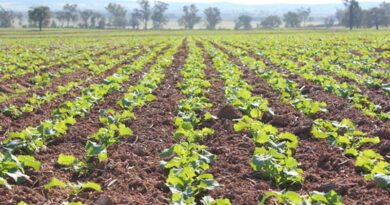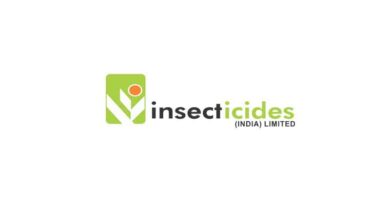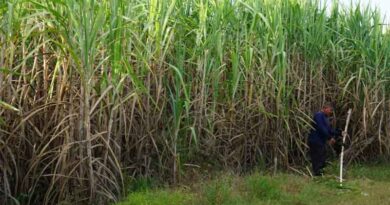Bayer to pay $10.9bn to resolve Roundup™ litigation
Company will make a total payment of $10.1 billion to $10.9 billion (EUR 9.1 billion to EUR 9.8 billion) to resolve current and address potential future Roundup™ litigation.
25 June 2020, Leverkusen: Bayer announced a series of agreements that will substantially resolve major outstanding Monsanto litigation, including U.S. Roundup™ product liability litigation, dicamba drift litigation and PCB water litigation. The main feature is the U.S. Roundup™ resolution that will bring closure to approximately 75% of the current Roundup™ litigation involving approximately 125,000 filed and unfiled claims overall. The resolved claims include all plaintiff law firms leading the Roundup™ federal multi-district litigation (MDL) or the California bellwether cases, and those representing approximately 95% of the cases currently set for trial, and establish key values and parameters to guide the resolution of the remainder of the claims as negotiations advance.
The resolution also puts in place a mechanism to resolve potential future claims efficiently. The company will make a payment of $8.8 billion to $9.6 billion to resolve the current Roundup™ litigation, including an allowance expected to cover unresolved claims, and $1.25 billion to support a separate class agreement to address potential future litigation. The resolutions were approved unanimously by Bayer’s Board of Management and Supervisory Board with input from its Special Litigation Committee. The agreements contain no admission of liability or wrongdoing.
Resolution of Roundup™ litigation
The multi-step Roundup™ resolution includes several elements. The agreements will resolve the vast majority of the current litigation in U.S. federal and state courts, including both plaintiffs with filed cases and parties who have retained counsel but not yet filed their claims in court. Those participating in the settlement will be required to dismiss their cases or agree not to file. The range of $8.8 billion to $9.6 billion covers both the agreements already signed and those that are still under negotiation. It also reflects the fact that the number of claimants who are eligible to receive compensation under these agreements won’t be known until the claims process is well underway. The claims still subject to negotiation largely consist of cases generated by TV advertising and for which plaintiffs’ law firms have provided little or no information on the medical condition of their clients, and/or cases held by law firms with small inventories.
Resolution of dicamba litigation
Bayer also announced a mass tort agreement to settle the previously disclosed dicamba drift litigation involving alleged damage to crops. The company will pay up to a total of $400 million to resolve the multi-district litigation pending in the U.S. District Court for the Eastern District of Missouri and claims for the 2015-2020 crop years. The company expects a contribution from its co-defendant, BASF, towards this settlement.
Resolution of PCB litigation
Bayer also announced a series of agreements that resolve cases representing most of the company’s exposure to PCB water litigation. Monsanto legally manufactured PCBs until ceasing their production in 1977. One agreement establishes a class that includes all local governments with EPA permits involving water discharges impaired by PCBs. Bayer will pay a total of approximately $650 million to the class, which will be subject to court approval.
Funding sourced from free cash flow and Animal Health divestment
Cash payments related to the settlements are expected to start in 2020. Bayer currently assumes that the potential cash outflow will not exceed $5 billion in 2020 and $5 billion in 2021; the remaining balance would be paid in 2022 or thereafter. In order to finance these payments which are subject to tax treatment, Bayer can make use of existing surplus liquidity, future free cash flows, the proceeds from the Animal Health divestment, and additional bond issuances, which will provide flexibility in managing the settlement payments as well as upcoming debt maturities.
Based on publications by the rating agencies and the company’s communication with them, Bayer expects to keep investment grade credit ratings. With its strong underlying business, the company intends to keep its dividend policy. At the same time, deleveraging the balance sheet remains a high priority.
Bayer: Well positioned for the future
“As we work to put this major litigation behind us, Bayer can set a course for the future and tackle the global challenges we face in both health and nutrition – not only today as we confront the COVID-19 pandemic, but also long-term, as we work to improve quality of life for a growing and aging population of an estimated 10 billion people by 2050,” said Baumann. “We are committed to addressing these challenges in a responsible manner, both to help meet the UN’s sustainable development goals, and maintain the transparency and constructive engagement with stakeholders that is essential to sustain public trust in our products and in our company.”
(Media Source: https://media.bayer.com/baynews/baynews.nsf/id/Photos?opendocument#/search)

